DR Congo Offers $5M Bounties for Rebel Leaders
Government Puts Price on Heads of M23 Leaders Amid Escalating Conflict
The Democratic Republic of Congo (DRC) has announced a $5 million (£4 million) reward for information leading to the arrest of three key leaders of the M23 rebel group, which has seized large parts of the country's eastern region this year.
Among those targeted is Corneille Nangaa, a former head of the DRC's electoral commission who now leads the Congo River Alliance, an alliance that includes M23. Nangaa has publicly addressed large rallies in cities currently under the group’s control. The bounty also extends to M23 leaders Sultani Makenga and Bertrand Bisimwa.
Last year, a military court tried the three men in absentia and sentenced them to death for treason. In addition to these bounties, the government is also offering a $4 million (£3 million) reward for the arrest of two exiled journalists and others it considers accomplices.
However, the likelihood of these arrests remains low. The Congolese army has struggled to counter the Rwandan-backed M23 rebels, who have captured key areas, including Goma and Bukavu, the two largest cities in eastern DRC. Faced with military challenges, President Félix Tshisekedi has shifted his focus toward international diplomacy, seeking sanctions against Rwanda for its alleged support of the rebels.
A UN report last year indicated that up to 4,000 Rwandan troops were operating alongside M23 in DRC. The ongoing conflict has resulted in thousands of deaths and displaced hundreds of thousands of civilians, forcing them to flee their homes.
In addition to military efforts, the Congolese government is pursuing strategic alliances, reportedly seeking U.S. support in exchange for access to its mineral wealth. DRC officials accuse Rwanda of attempting to control its vast reserves of gold and coltan, critical materials used in electronics such as mobile phones and computers.
Responding to reports that DRC was offering its minerals in exchange for military assistance, presidential spokeswoman Tina Salama emphasized last month that President Tshisekedi had invited the U.S. to source raw materials directly from the DRC instead of purchasing them through Rwanda, which, according to Kinshasa, smuggles and profits from looted minerals.
Rwanda, while no longer denying support for M23, claims its involvement is intended to prevent the conflict from spilling into its own territory. Kigali also accuses the Congolese government of collaborating with another armed group linked to perpetrators of the 1994 Rwandan genocide, in which 800,000 people, mostly ethnic Tutsis, were massacred. Both the M23 and Rwanda's government are led by Tutsis.
The Congolese government denies any alliance with the FDLR, the group Rwanda considers a genocidal militia. The complex and deep-rooted tensions between the two nations continue to fuel the conflict, leaving the region in a state of turmoil.

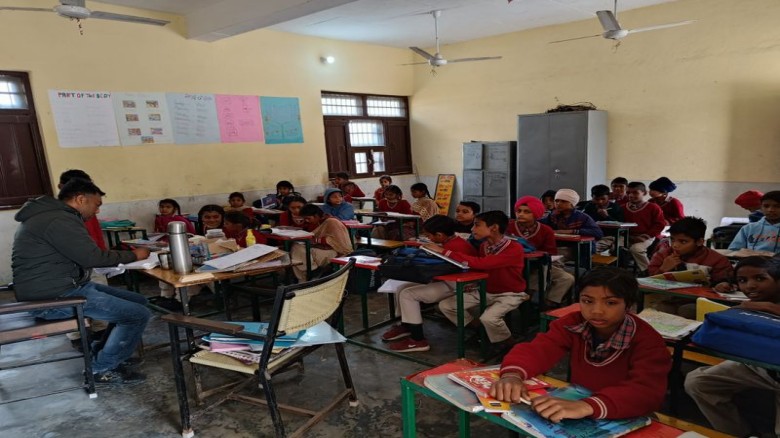
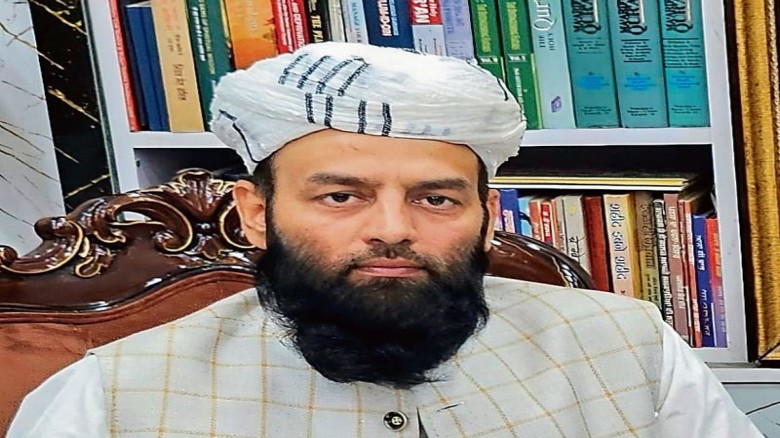
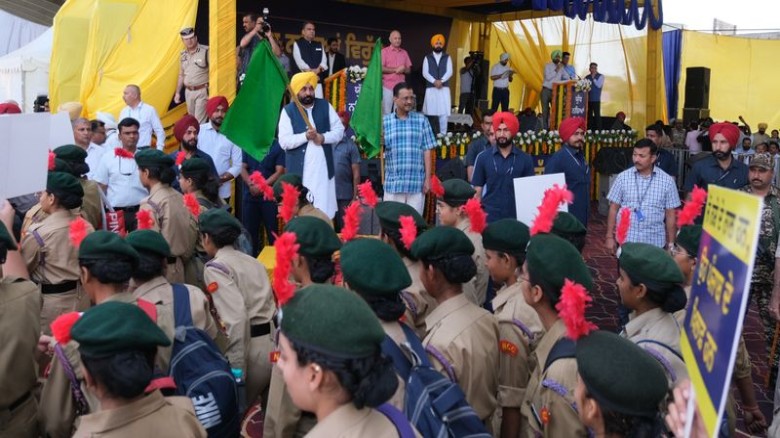
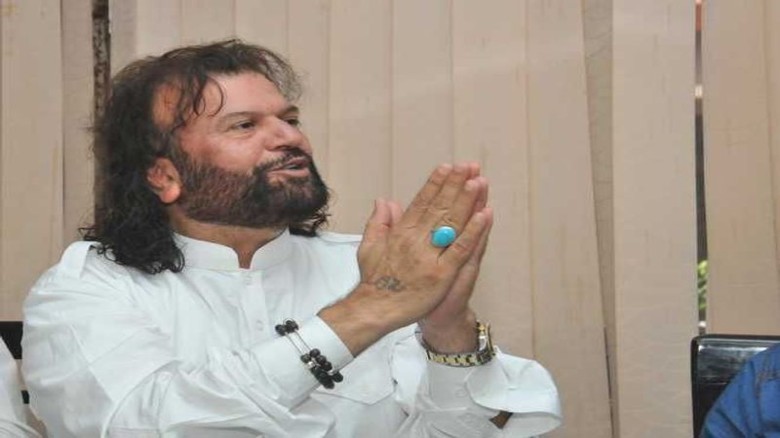

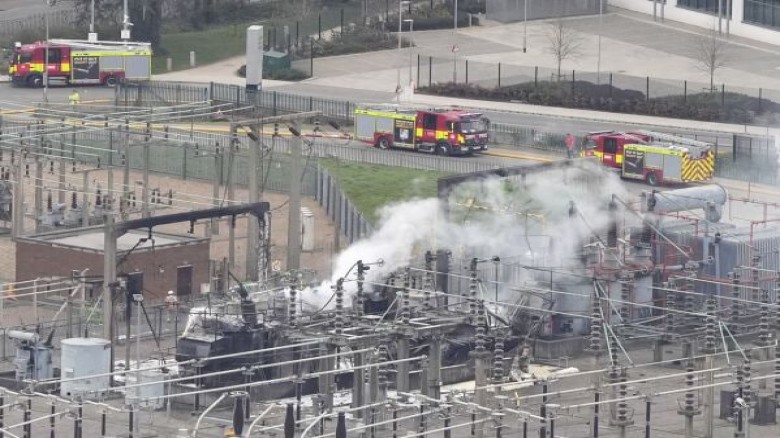
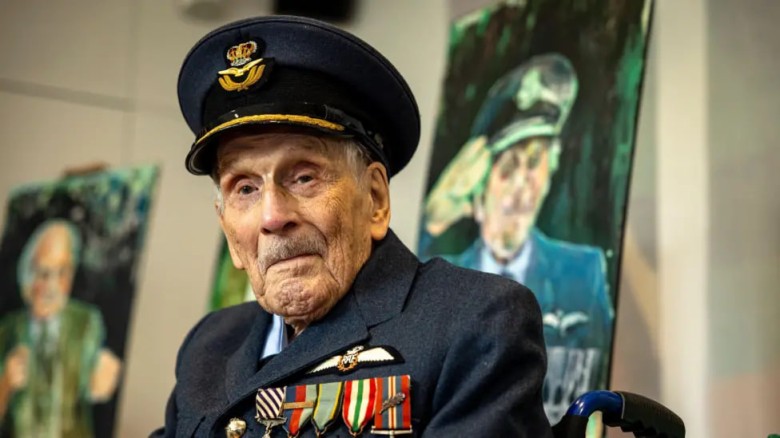
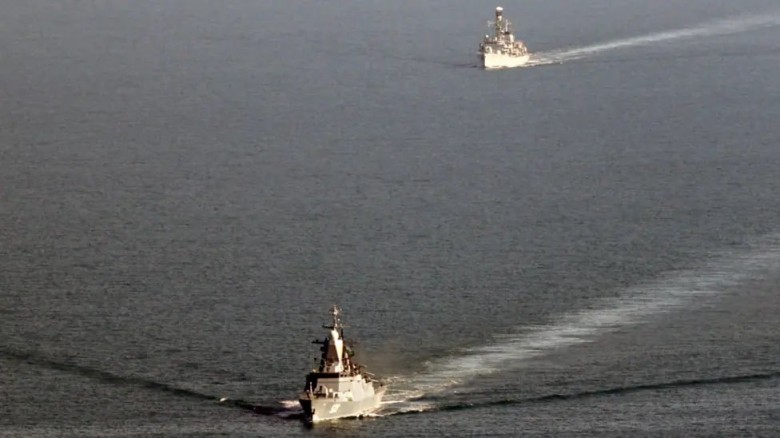
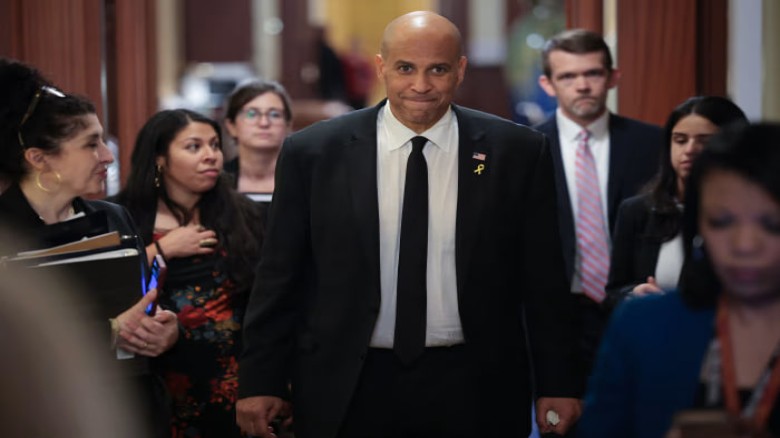
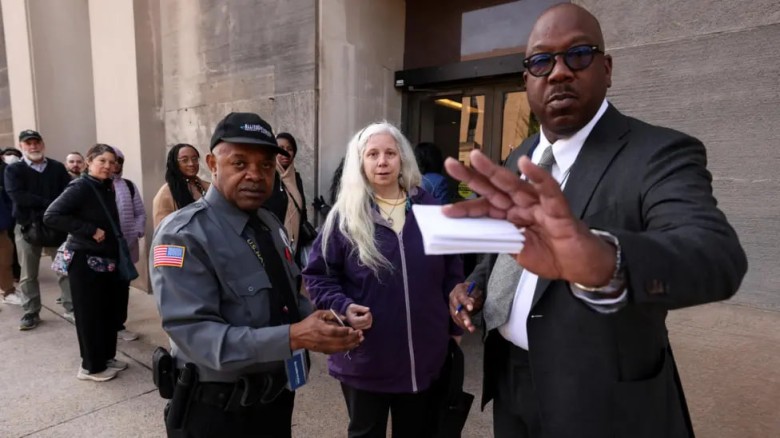
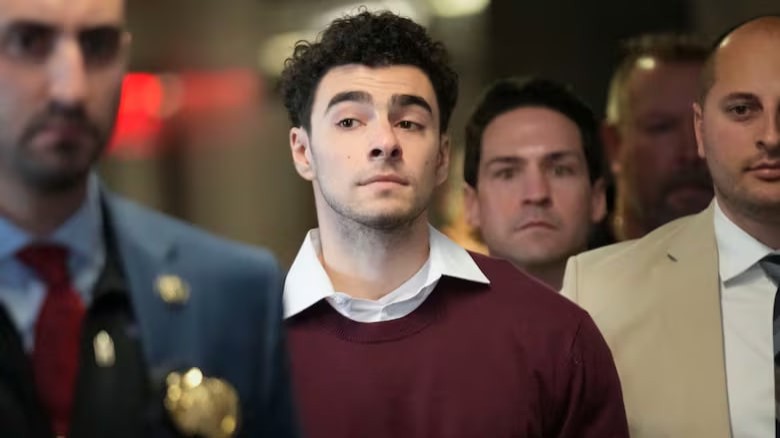
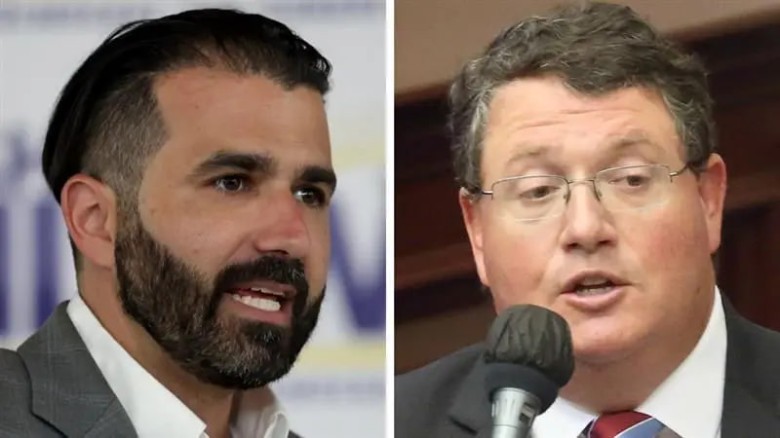

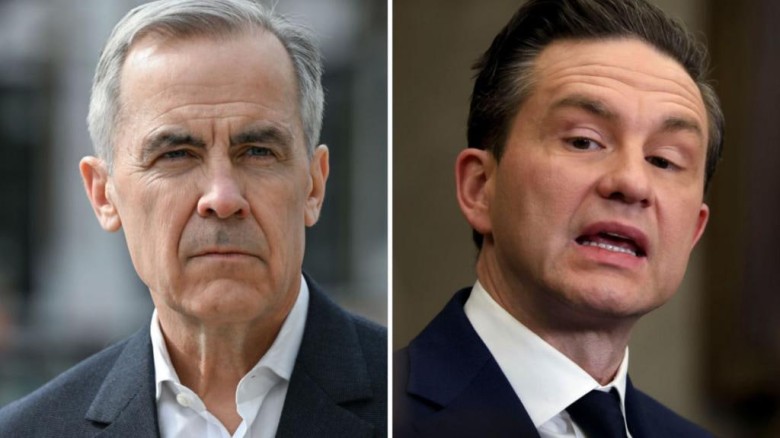
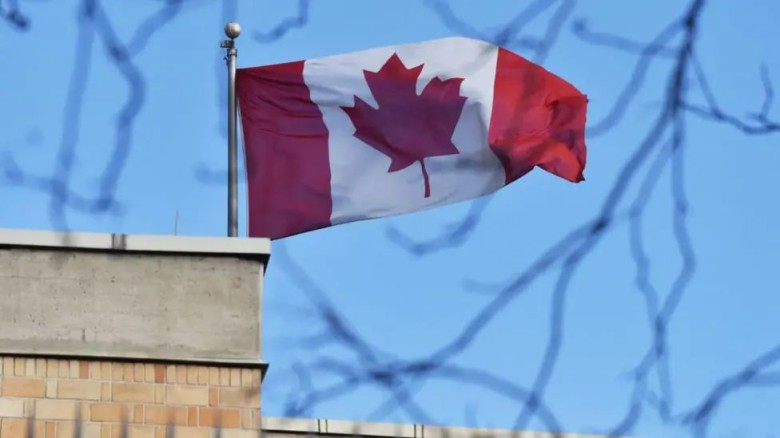
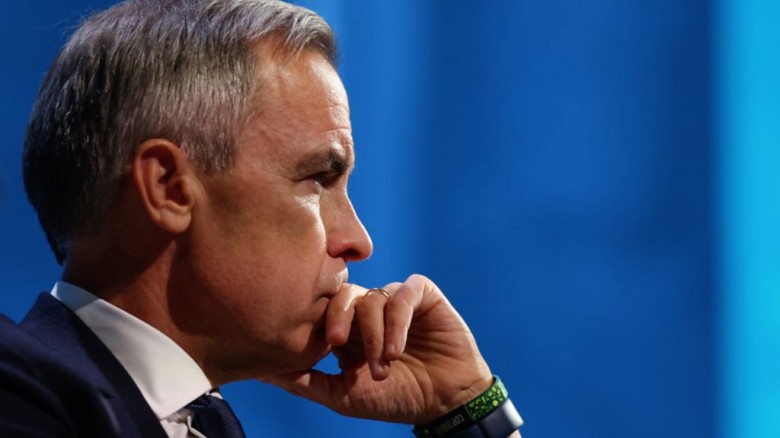
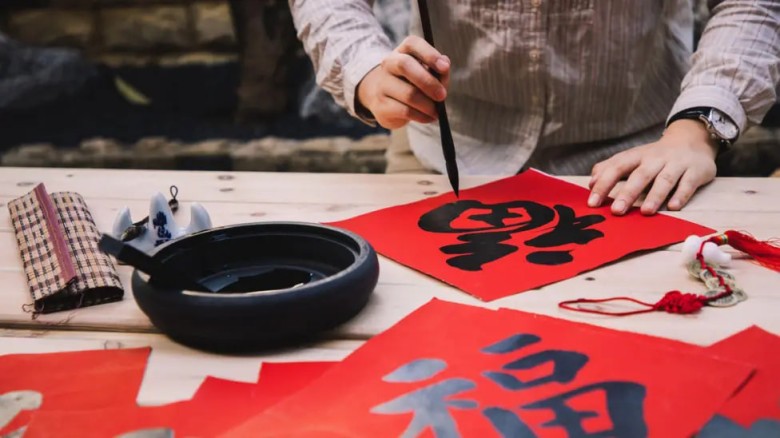
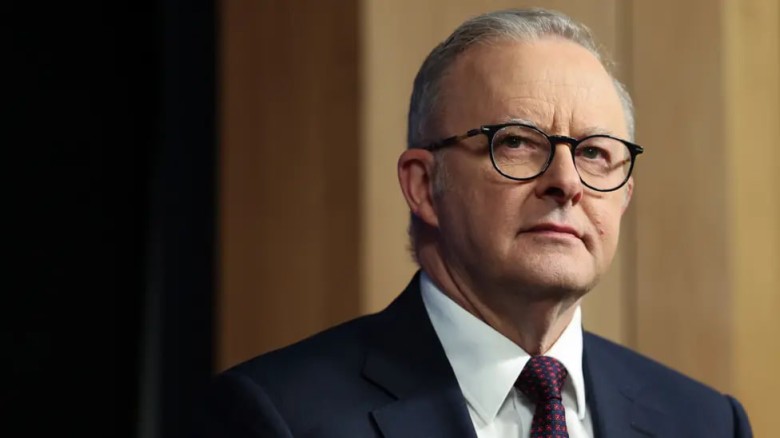
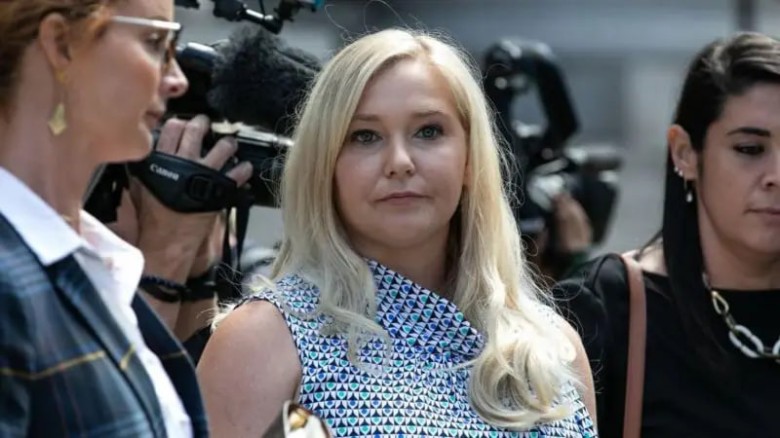
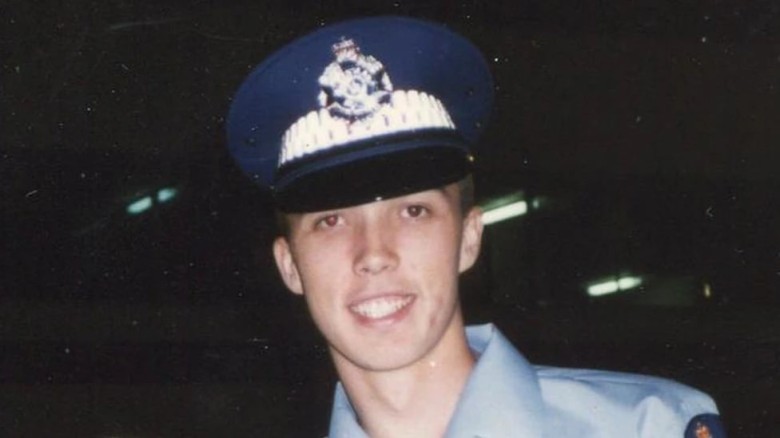
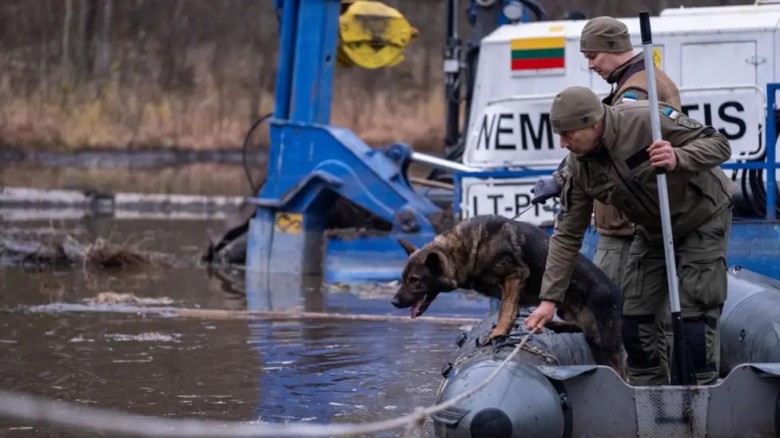
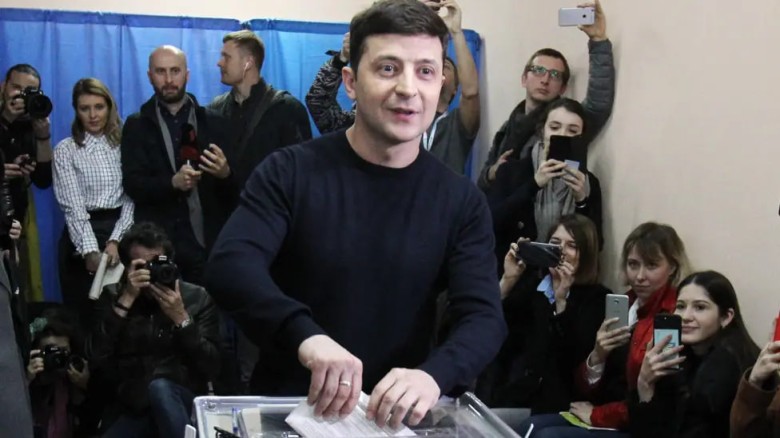
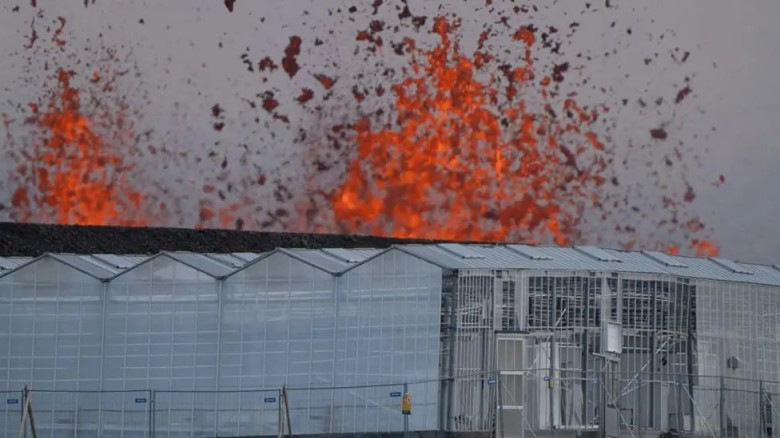
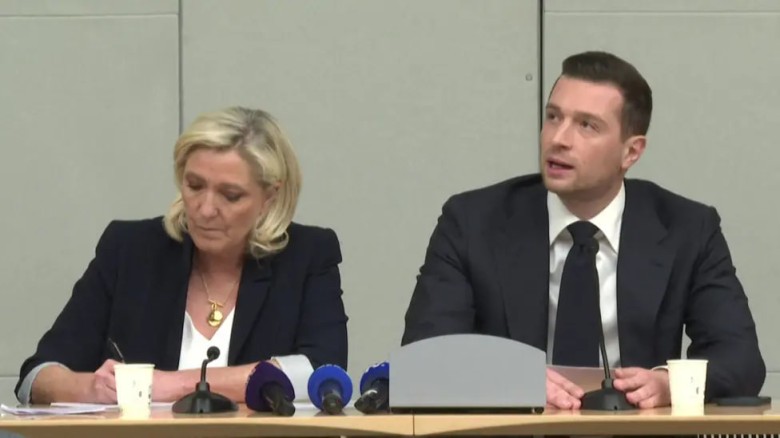
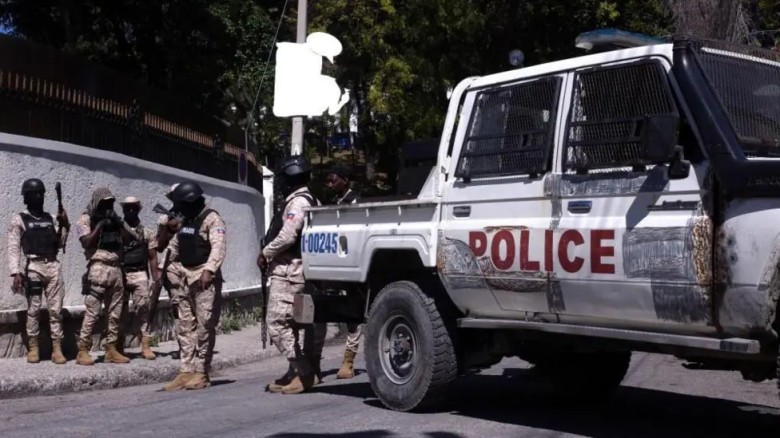
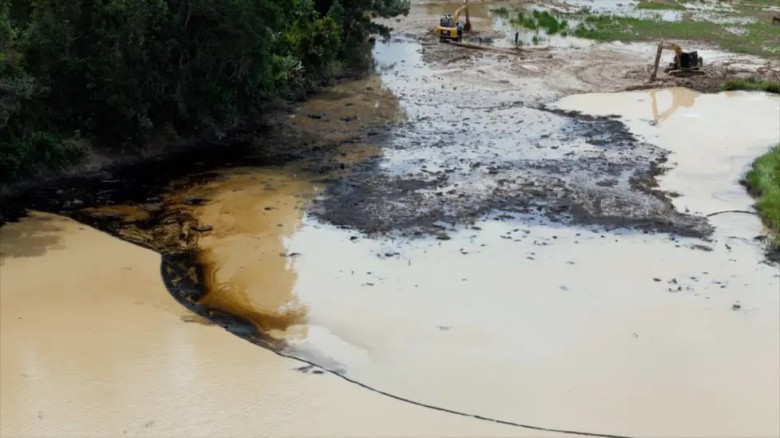
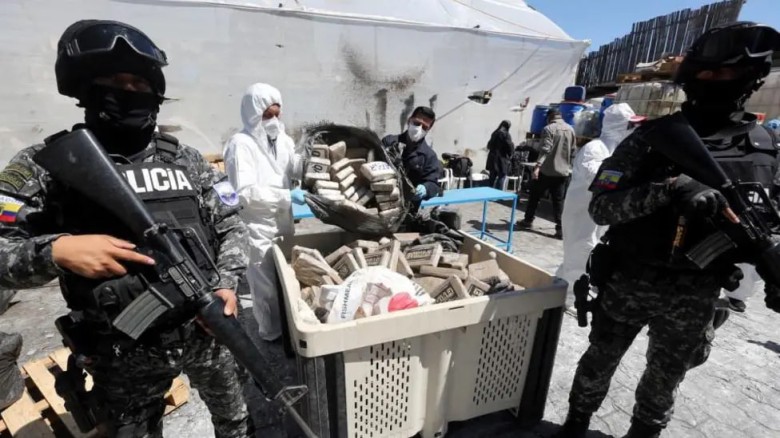
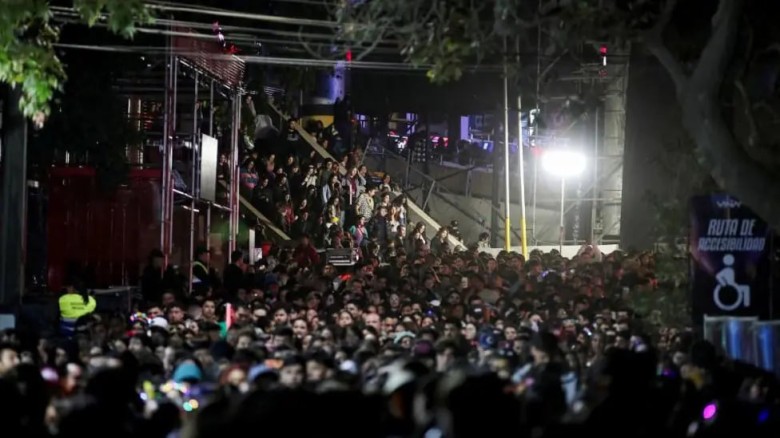





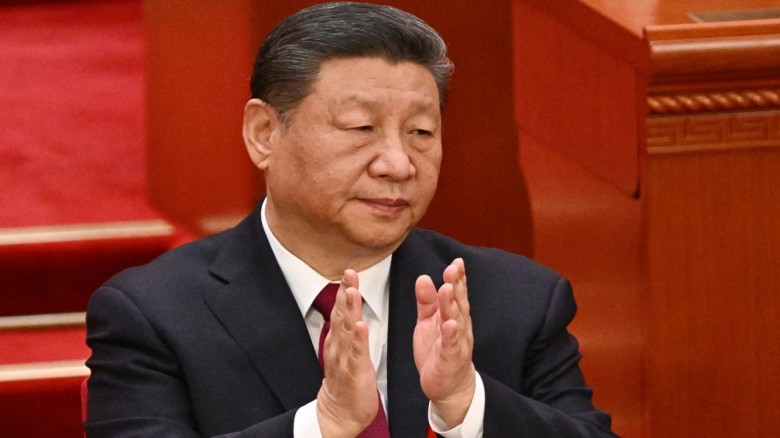
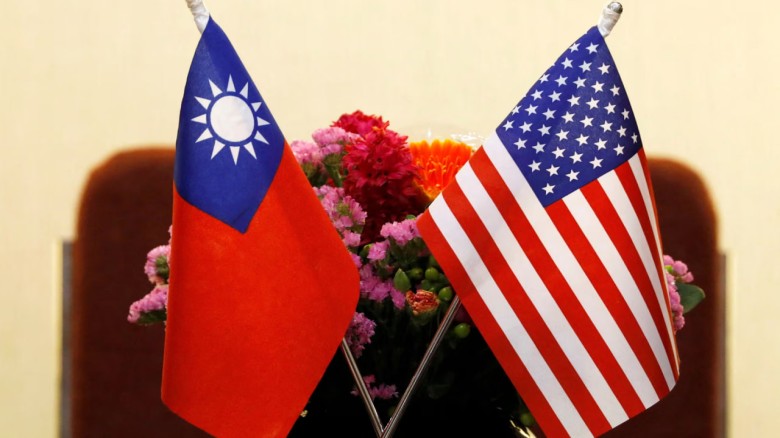

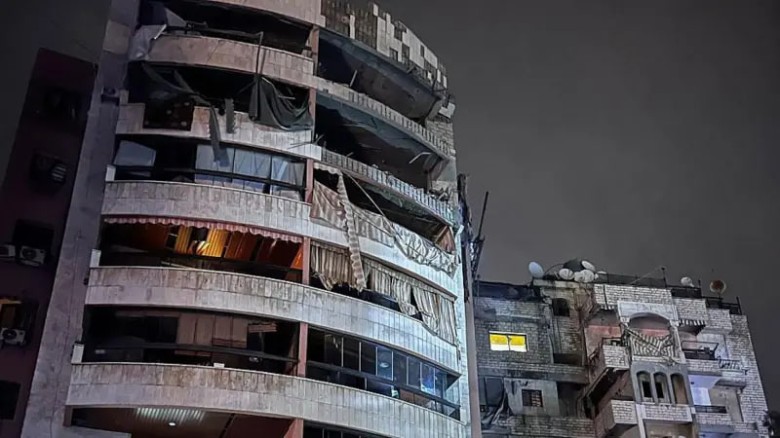
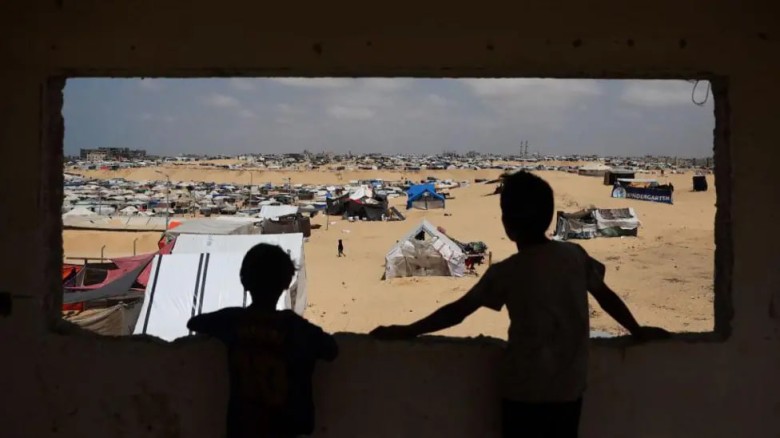
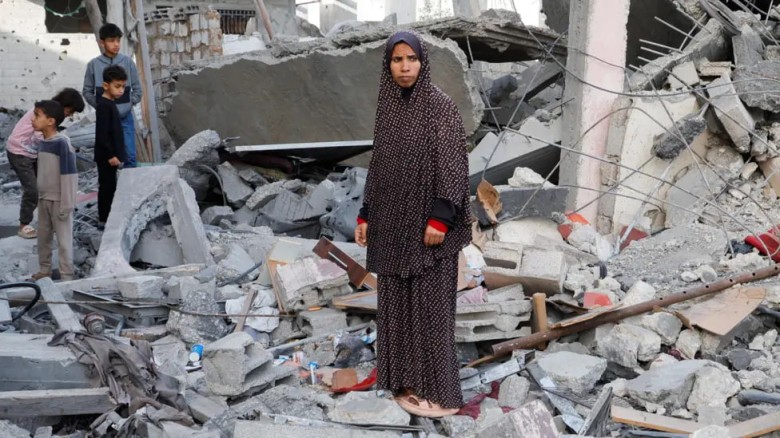
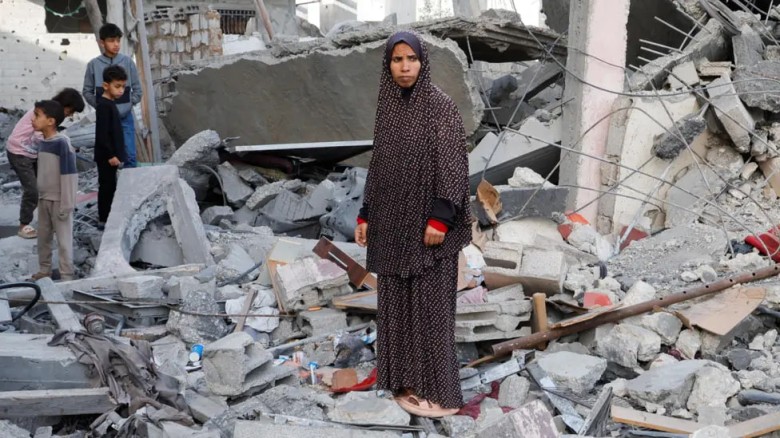

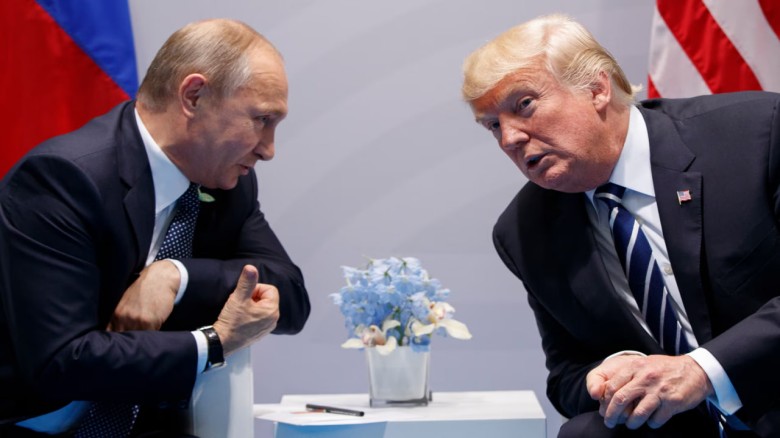
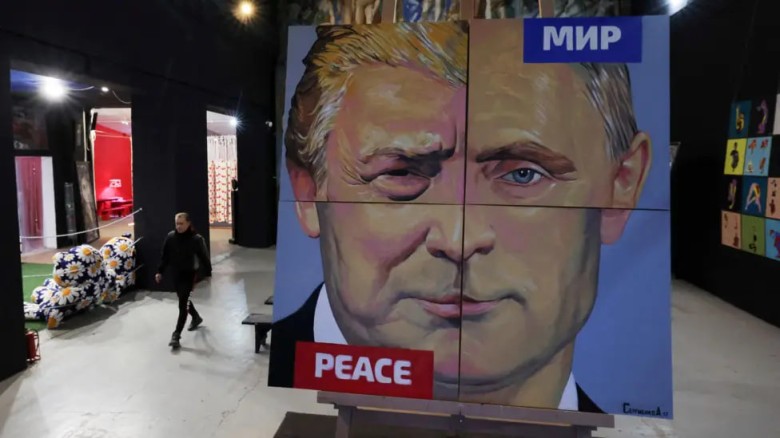
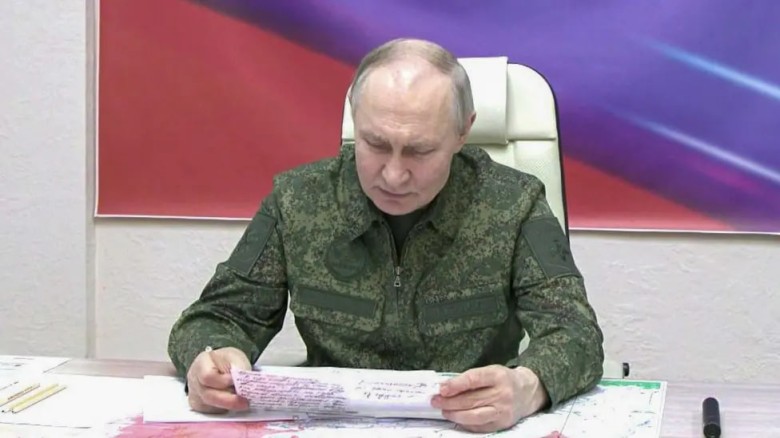



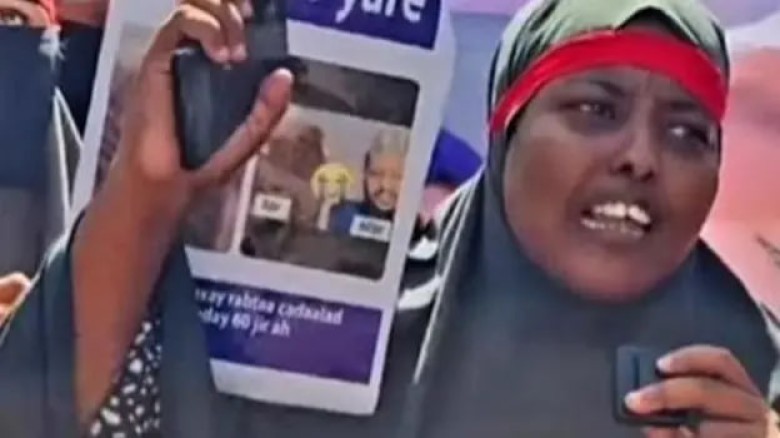
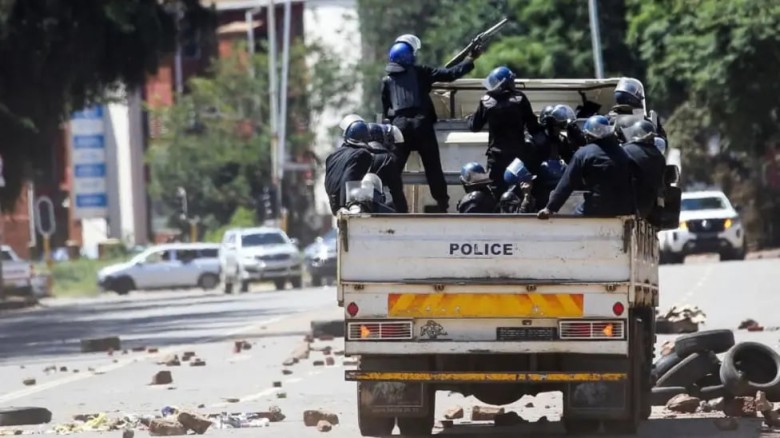
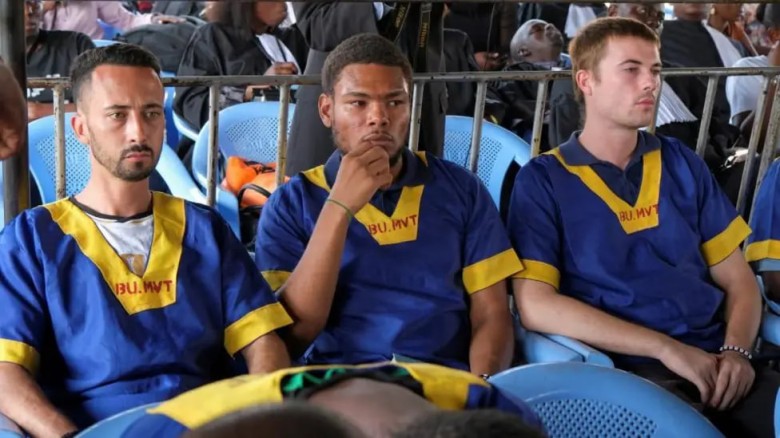
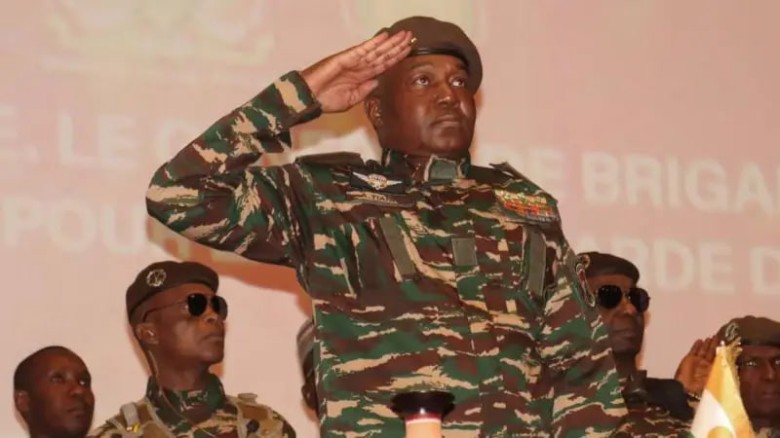







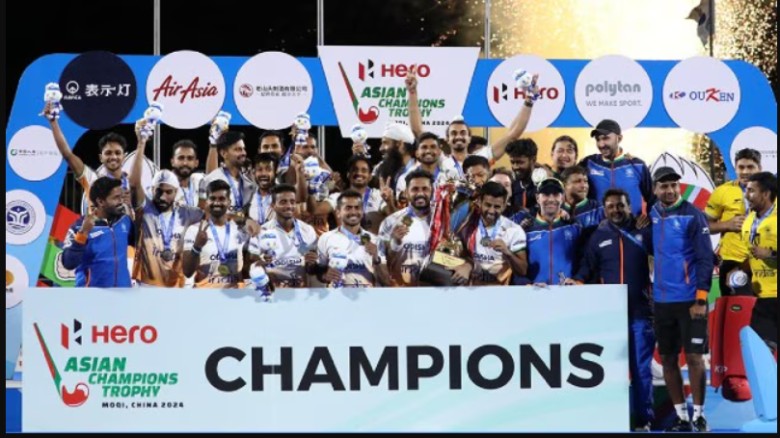



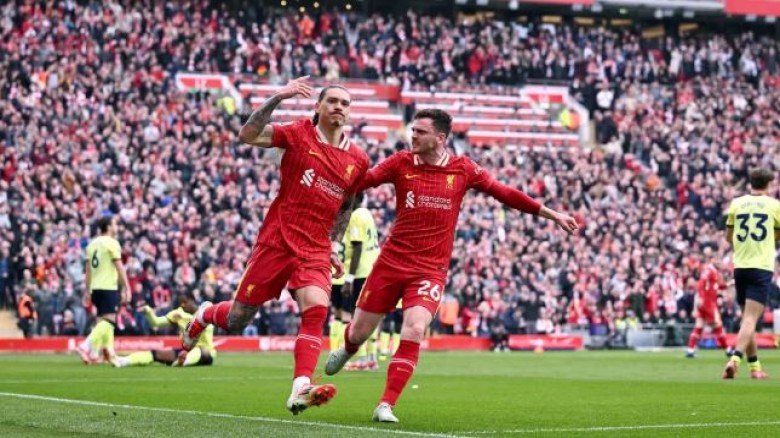

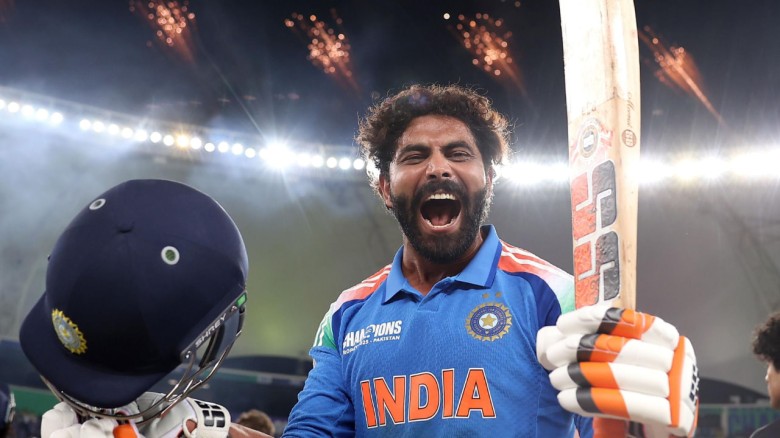
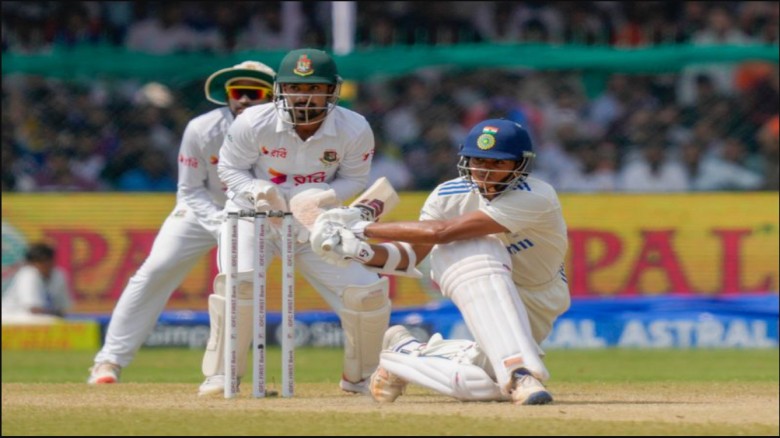
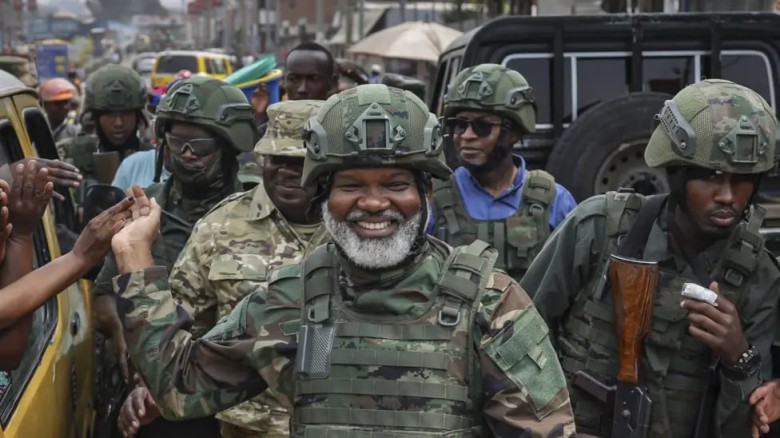


Leave A Comment